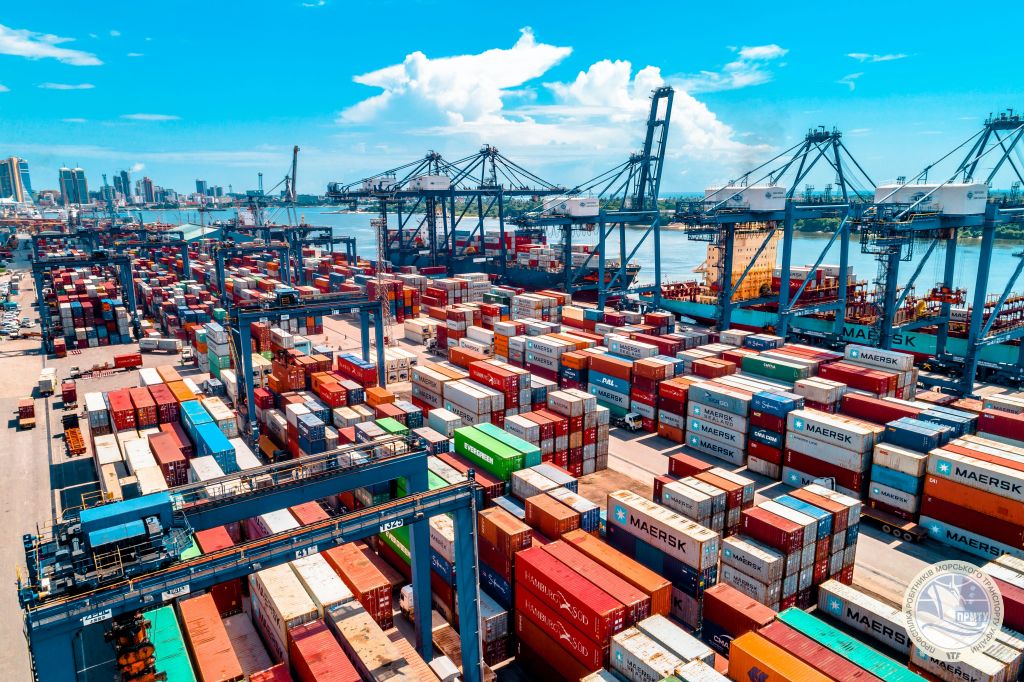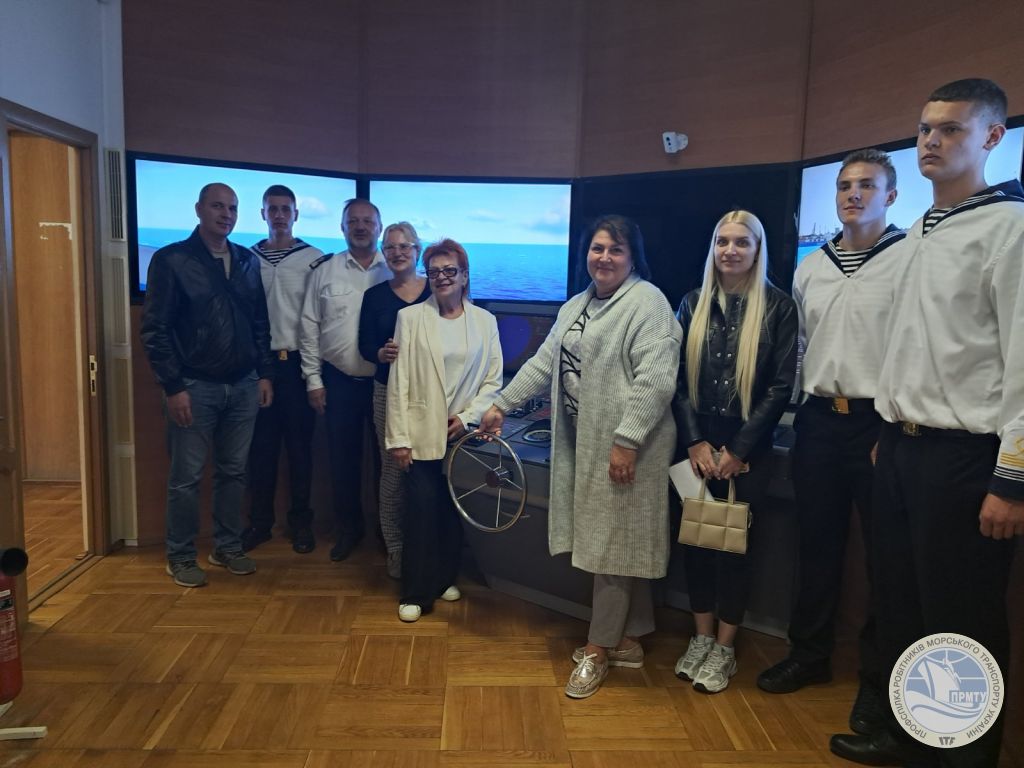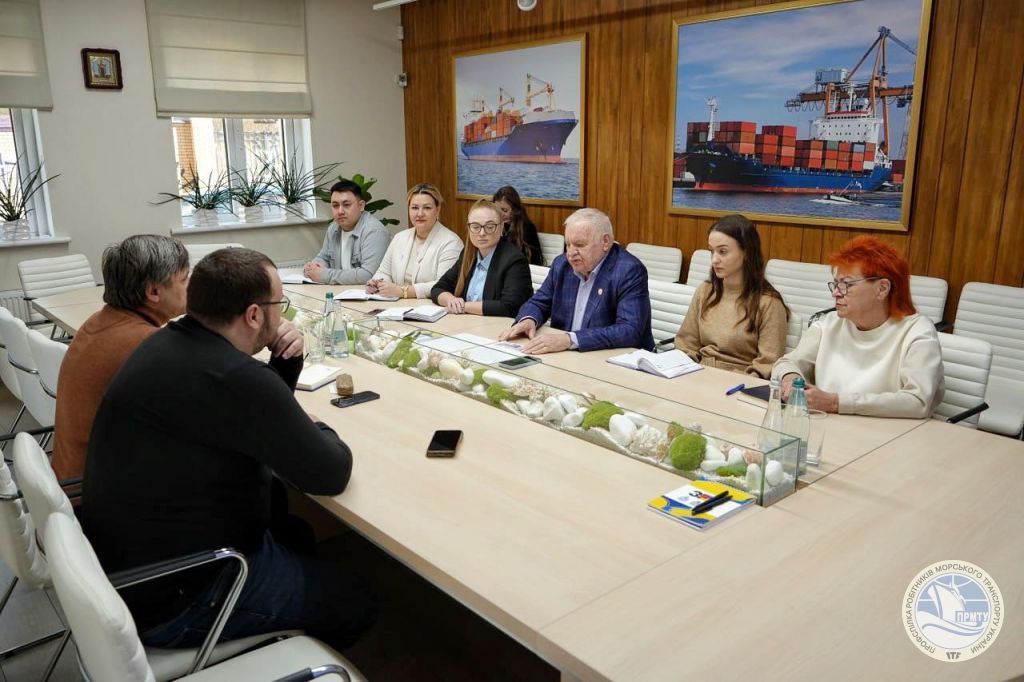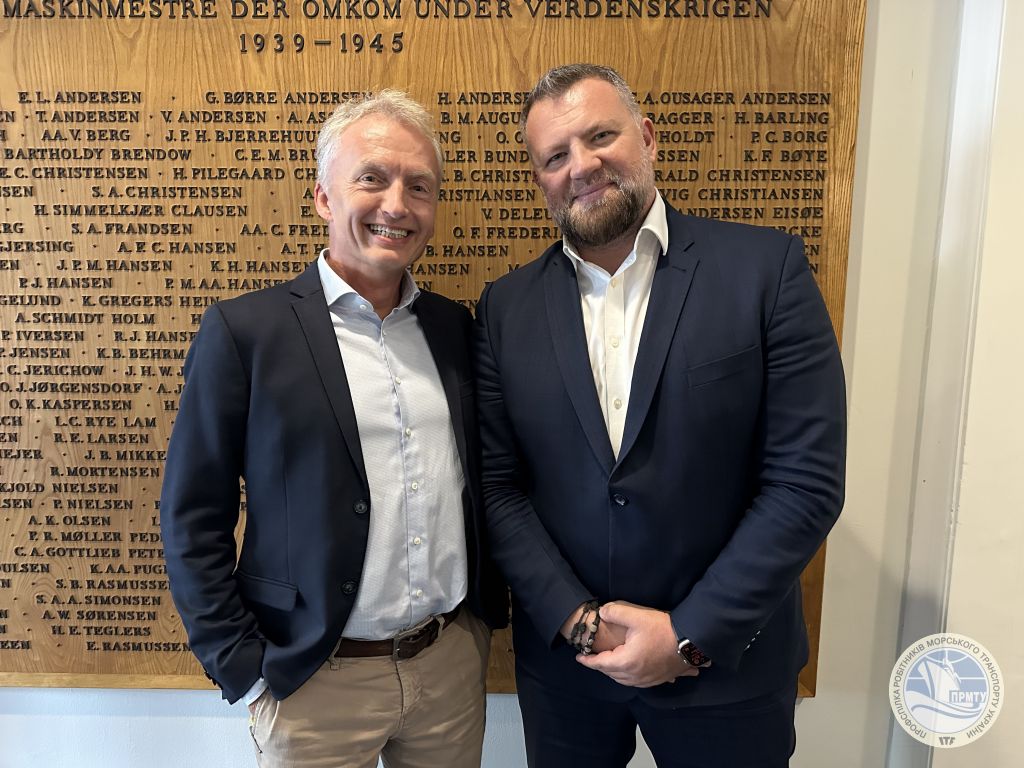According to the data, provided by the International Chamber of Shipping (ICS) nearly 90% of all cocaine, 45% of all cannabis, and 30% of all amphetamine-type stimulants seized globally from January 2017 to April 2020 were trafficked via sea
The Stockholm International Peace Research Institute (SIPRI) in the policy paper report “Maritime Transport and Destabilizing Commodity Flows” in January 2012 predicted that container shipping is at the greatest risk of being used by criminal groups for illegal transportation. Modern container ships carry thousands of containers, only a small part of which is inspected by port authorities before being loaded onto ships. Shipping companies and port operators strive to minimize the time spent by ships in the port. In constant competition with time, ship crews are unable to inspect all containers and are forced to believe that the cargo information on shipping documents is correct. Criminals are well aware of this situation and are trying to use containers for illegal activities. Such illegal cargo exposes shipowners to financial, legal and reputational risk and poses a threat to the sustainability and stability of the container shipping industry.
Seafarers are particularly affected by such illegal shipping. SIPRI identifies five possible categories of cases, depending on the degree of involvement of the crew: 1) direct involvement, a high degree of complicity or gross negligence on the part of one or more shipowners/operators in illegal shipping; 2) direct involvement or a high degree of complicity on the part of one or more crew members, but no knowledge on the part of the shipowners or operators; 3) shipowners or officers are aware of the potentially suspicious nature of the cargo and, through closer examination of the documentation, have been able to gain grounds for suspicion of the potentially destabilizing or illegal nature of the shipment; 4) neither shipowner/operators nor officers were aware of the potentially illegal nature of the cargo, but they could identify the shipment as potentially suspicious represented by reasonable due diligence; 5) shipowners, operators, charterers or crew members did not know or could not have known about the nature of the cargo loaded or hidden on board the ship. The last two categories are most typical for transportation in containers sealed with customs seals, which the crew does not have the right to inspect.
Seafarers are often the first to be detained or arrested by law enforcement authorities on suspicion of illegal transportation, even in the absence of any evidence of the guilt of the crew. Shipmasters are the most vulnerable to arrest, as they are arrested solely on the basis of their superior position on the ship. Law enforcement agencies are often unable or unwilling to investigate real crimes involving the smuggling of illegal goods. Such crimes are usually committed by transnational criminal groups and require significant international cooperation and long investigation periods. In addition, in many states, law enforcement agencies themselves are subject to corrupt influence from criminal groups. Seafarers often become "hostages" of law enforcement agencies, allowing them to formally declare the disclosure of the crime of maritime smuggling. Seafarers are detained for long periods of time in foreign jurisdictions and often deprived of the right to fair treatment. They are not provided with qualified legal assistance or interpreter services, and consul access and contact with relatives are often unavailable or restricted. In July 2021, in the Turkish port of Iskenderun, law enforcement officers boarded the m/v “MSC Capucine R” (IMO 9210086) to inspect cargo in a custom-sealed container. During the inspection, 176 kg of cocaine was found. The captain and three deck officers (all Ukrainians) were arrested and taken to the nearest prison only because of the suspicion that the crew might have known about the illegal cargo. Only by the end of August, the lawyers managed to achieve the release of the seafarers on bail and their placement under house arrest in one of the Turkish hotels. As of March 2022, seafarers were still prohibited from leaving Turkey, which meant they were forbidden to carry out their professional duties and earn money for their families.
The fair treatment of seafarers detained on suspicion of maritime crimes is on the permanent agenda of the International Maritime Organization and the International Labour Organization. The IMO Legal Committee at its 106th session underlined that unfair treatment of seafarers poses a threat to the future sustainability of merchant shipping, primarily due to the deleterious effect on the image of the shipping industry. To resolve this issue, the ILO and IMO have established a joint ILO-IMO tripartite working group to identify and address seafarers and human factors issues, which should develop recommendations and/or draft provisions on proposals for fair treatment of seafarers detained on suspicion of maritime crimes by the end of 2024. In March 2023, the IMO Secretariat prepared and submitted for consideration to the 110th session of the IMO Legal Committee, the draft Guidelines for the fair treatment of seafarers detained on suspicion of committing maritime crimes. However, during the meeting of the Committee, the working group was unable to agree on the final text of the Guidelines. The Correspondence group, established by the Committee, should continue to develop the draft Guidelines in accordance with the terms of reference, which also include further consideration of the establishment of a database of incidents of the detention of seafarers suspected of committing a maritime crime (IMO, 2023). At the same time, the delay in the approval of the draft Guidelines by the Legal Committee creates opportunities for further development.
The draft Guidelines do not contain recommendations for the prompt release of seafarers and ships detained on suspicion of committing maritime crimes, which was emphasized by the Delegation of Ukraine. In particular, all investigation procedures requiring the involvement of the crew should be as expeditiously as possible. Where possible, seafarers should be given the right to remain on board their ship, instead of being imprisoned, and the safety of the vessel itself must be ensured as well. When determining the guilt and degree of involvement of the crew of a container ship in the illegal shipping of goods, the following factors should be taken into account:
whether the cargo was in a container sealed with intact customs seals;
whether the crew had access to the contents of the container;
type and amount of illegal cargo;
point of departure, route and destination;
history of the ship's voyage before and after the detention;
the reputation of the shipowner, commercial operators and charterers;
type of size of the vessel, and the flag of the ship.
The database of incidents of the detention of seafarers suspected of committing a maritime crime should perform the following functions:
informing the competent authorities of the flag state, the states of seafarers’ nationality, shipowner about the detention of seafarers on suspicion of committing crimes in order to ensure that seafarers are provided with the necessary legal assistance, interpreter services and access to consul;
ensuring the interaction of law enforcement agencies, customs, export control services with maritime administrations and shipowners for the rapid exchange of information necessary to establish the involvement of the crew in illegal shipping transportation;
informing seafarers and other stakeholders of confirmed cases of shipowners and ships being intentionally involved in illegal shipping to raise awareness of seafarers when they are contracted to work on board vessels of such shipowners.
Reducing the risks of using maritime containers to carry illegal cargo is a joint challenge for governments, law enforcement agencies, international organizations and the maritime industry in order to ensure the sustainability, safety, security and reputation of the container industry. The rights of seafarers to fair treatment should be guaranteed, including not allowing unjustified long-term arrests of seafarers, especially in cases where it is obvious that the crew did not have any access to the contents of a container sealed with intact customs seals. The necessary training of law enforcement officers, and their readiness to take into account the specifics of the container industry in order to promptly check the degree of involvement of crews in illegal transportation is the basis for guaranteeing the rights of seafarers to fair treatment.






